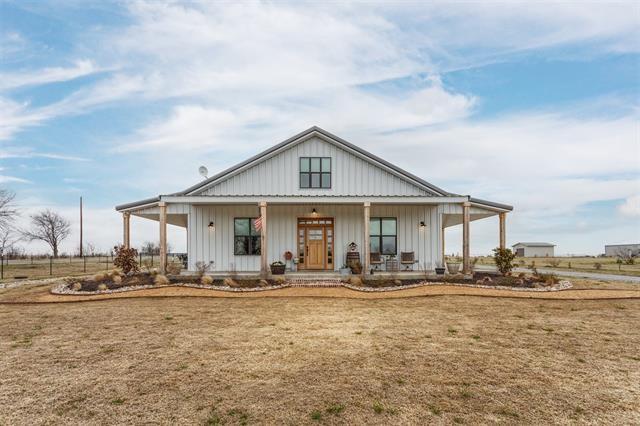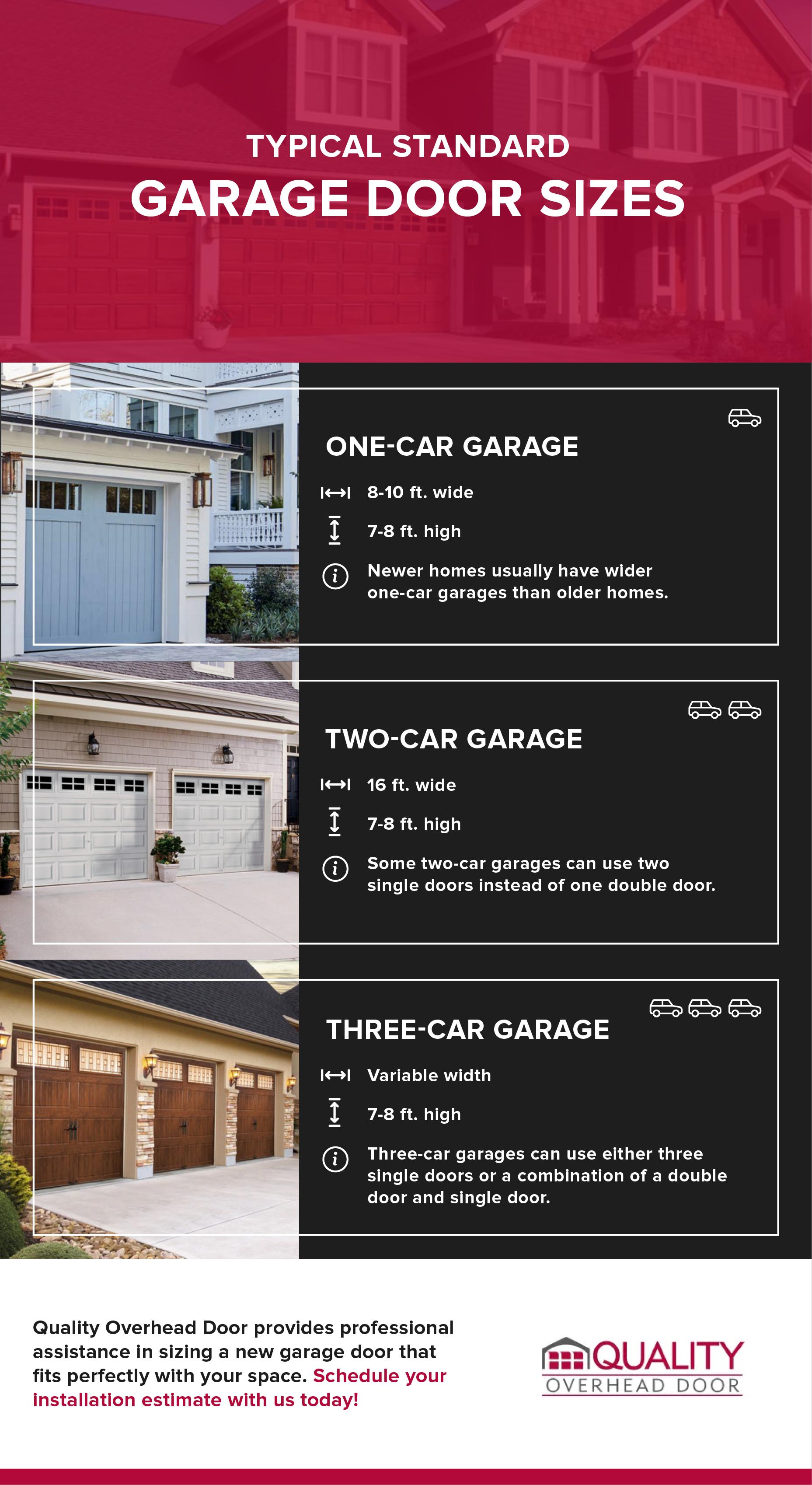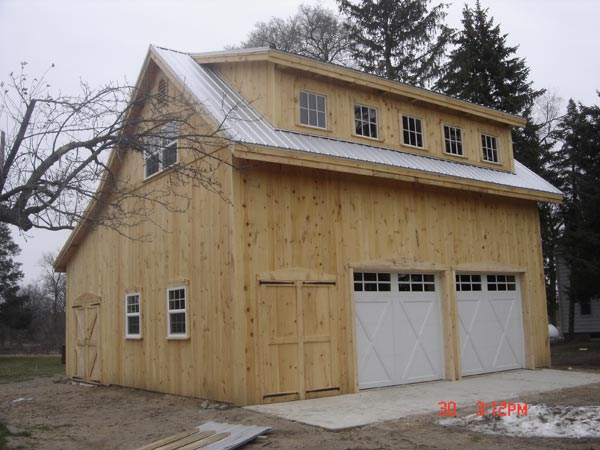
A garage conversion can increase the property's value and add living space. It is simple to do and usually doesn't require planning permission. As long as the garage conversion is compatible with your existing home.
Garage conversions can be a cost-effective, flexible way to create an extension, new bathroom, or a home office. You don't have to tear down your old garage because it was built on solid foundations.
A mix of practical and fashionable materials is the key to creating the best garage-to-garden room conversions. This garage to garden area is finished with a wood effect wall and a patterned tile floor, which makes it more welcoming than a concrete surface.

Another garage-to-garden room conversion is based on brickwork. The architects replaced the roof, repointed and installed insulation, lighting and electricals. They also added doors that open onto a garden.
A detached garage can be used as a garden room if it has a pitched roofing and enough headroom. This can provide more space for a kitchen, dining area or other bespoke features, as well as allowing you to take advantage of the garden.
It is one of the most cost effective ways to add living area to your home. An excellent conversion costs between PS500 and PS1500 per square metre. This includes structural changes, plumbing, and ventilation.
If you're interested in converting your garage to a garden room, it's worth discussing the project with a Resi consultant for a tailored quote. A detailed quote should take into account how much structural work is required, how many electrics and plumbing fixtures are needed, as well the level of waterproofing, insulation, and overall integration with the home.

Homeowners who are struggling to find enough space in their home and need extra space for guests, visitors, or growing families may consider converting their garden garage. A garage can be converted into a room that you can use to live in if you intend on renting your home.
The cost to convert a garage into a garden room will depend on how much work it takes and the furniture you use. A professional builder can help determine if your home is suitable for a garage or garden room conversion. The quote will include a cost estimate for the conversion as well as costs for new roofing, walls, flooring, and other related costs.
Always check with your local council to determine if you will need planning permission. Usually, garages are considered 'permitted development' and don't require any planning permission, however this can change, so it's always a good idea to call your local authority first.
FAQ
Are there any savings on a remodel of a bathroom or kitchen.
Remodeling a bathroom or kitchen is an expensive proposition. It is worth considering the amount of money you spend on your energy bills each monthly.
A small upgrade could save you thousands of dollars each year. Simple changes such as insulation in ceilings and walls can help reduce cooling and heating costs by up to 30%. Even a modest addition can improve comfort and increase resale value.
When planning for renovations, it is important to select durable and easy-to-maintain products. Materials like porcelain tile, solid wood flooring, and stainless-steel appliances will last longer and need fewer repairs than vinyl countertops.
You might find that upgrading to newer fixtures can cut down on utility costs. Installing low-flow faucets or showerheads can cut water use by up to 50%. You can reduce your electricity consumption by replacing inefficient lighting bulbs with compact fluorescent lights.
What should I do about my cabinets?
It all depends on if you are thinking of selling or renting your home. If you are planning on selling, you might want to take out and refinish the cabinets. This gives buyers the illusion of brand-new cabinets and helps them visualize their kitchens after they have moved in.
But if your goal is to rent your house you will need to remove the cabinets. Many renters complain about the dishes that are dirty and the greasy fingerprints left by tenants.
To make the cabinets look better, you can paint them. Just remember to use a high-quality primer and paint. Low-quality primers and paints can crack easily.
What would it cost for a home to be gutted versus what it would cost to build one?
A home gutting involves the removal of all interior items, including walls, floors ceilings, plumbing and electrical wiring, fixtures, appliances, and fixtures. This is usually done when you are moving into a new home and need to make some adjustments before you move in. It is often very costly to gut a home because of all the work involved. Depending on what job you do, the average cost for gutting a house is $10,000 to $20,000
The process of building a home involves the construction of a house from one frame to another. Next, the builder adds walls, flooring and roofing. This is often done after purchasing lots of land. Building a home is typically cheaper than renovating, and usually costs between $15,000-30,000.
It comes down to your needs and what you are looking to do with the space. You'll need to spend more if you plan to gut your home. However, if you want to build a home, you won't have to worry about ripping everything apart and redoing everything. You can design it yourself, rather than waiting for someone else.
What are the main components of a full kitchen renovation?
A complete kitchen remodel is more than just installing a new sink or faucet. Cabinets, countertops, appliances and lighting fixtures are just a few of the many options available.
Full kitchen remodels allow homeowners to modernize their kitchens without the need for major construction. This means that there is no demolition required, making the process easier for both homeowner and contractor.
There are many services that can be done to your kitchen, including plumbing, electrical, HVAC, painting, and carpentry. Complete kitchen remodeling may require multiple contractors, depending on how extensive the renovation is.
A team of professionals is the best way to ensure that a kitchen remodel runs smoothly. Small issues can lead to delays when there are many moving parts involved in a kitchen remodel. DIY kitchen remodels can be complicated. Make sure you have a plan and a backup plan in case of an emergency.
Is $30000 enough to remodel a kitchen?
A kitchen renovation can cost anywhere between $15000 - $35000 depending on how much you want to spend. Expect to spend over $20,000. For a complete kitchen renovation. You can get a complete kitchen overhaul for as little as $3000 if you just want to replace the countertops or update your appliances.
A full-scale renovation typically costs between $12,000 and $25,000 on average. However, there are ways to save without sacrificing quality. A new sink can be installed instead of replacing an older one. This will cost you approximately $1000. You can even buy used appliances for half of the price of new.
Kitchen renovations will take longer than any other type of project, so plan ahead. You don't want to start working in your kitchen only to realize halfway through that you're going to run out of time before completing the job.
It is best to start early. Begin looking at the options and getting quotes from different contractors. Then, narrow down your options based upon price, quality, availability.
Once you have contacted a few contractors, ask them for estimates and then compare prices. The best bid may not be the most affordable. It is important to find someone who has similar work experience and will give you a detailed estimate.
Remember to include all the extras when calculating the final cost. These might include extra labor costs, permit fees, etc. You should be realistic about what you can spend and stick to your spending budget.
Tell the contractor if you don't like any of the bids. Tell the contractor why you don't like the initial quote and offer another chance. Don't let pride get in the way when you save money.
What are the most expensive expenses for remodeling a kitchen.
When planning a kitchen renovation, a few major costs are involved. These include demolition, design fees, permits, materials, contractors, etc. However, these costs are quite small when taken individually. However, when you add them together, they quickly become quite large.
Demolition is likely to be the most expensive. This includes removing any cabinets, appliances, countertops or flooring. Then you have to remove the drywall and insulation. Finally, you have to replace those items with new ones.
Next, you must hire an architect to draw out plans for the space. You will need permits to ensure your project meets the building codes. Next, you will need to hire someone to actually build the project.
The contractor must be paid once the job has been completed. It is possible to spend anywhere from $20,000 up to $50,000 depending on the size and complexity of the job. That's why it is important to get estimates from multiple contractors before hiring one.
Planning can help you avoid many of these expenses. You may be eligible to get better prices on materials, or you might even be able skip some of your work. If you know what needs to be done, you should be able to save time and money during the process.
Many people install their cabinets by themselves. This will save them money as they won't need to hire professional installation services. The problem is that they usually spend more money trying to figure out how to put the cabinets in place themselves. The time it takes to complete a job can be completed by professionals in half the time.
Another way to save is to purchase unfinished materials. You must wait until the cabinets are fully assembled before purchasing pre-finished material. By buying unfinished materials, you can start using them right away. And if something doesn't turn out exactly as planned, you can always change your mind later.
Sometimes it is not worth the hassle. Remember: the best way to save money on any home improvement project is to plan.
Statistics
- Following the effects of COVID-19, homeowners spent 48% less on their renovation costs than before the pandemic 1 2 (rocketmortgage.com)
- 55%Universal average cost: $38,813Additional home value: $22,475Return on investment: 58%Mid-range average cost: $24,424Additional home value: $14,671Return on investment: (rocketmortgage.com)
- About 33 percent of people report renovating their primary bedroom to increase livability and overall function. (rocketmortgage.com)
- bathroom5%Siding3 – 5%Windows3 – 4%Patio or backyard2 – (rocketmortgage.com)
- $320,976Additional home value: $152,996Return on investment: 48%Mid-range average cost: $156,741Additional home value: $85,672Return on investment: (rocketmortgage.com)
External Links
How To
Is a permit required for home renovation?
You must do your research before you start renovating your home. Building permits are required for any construction project involving changes to your property's exterior walls. This includes adding or remodeling your kitchen, changing windows, and so on.
However, if you have decided to renovate without a building permit, you could face serious consequences. If anyone is injured during the process of renovation, you could face fines or even criminal action.
This is because most states require anyone working on a residential structure to obtain a building permit before starting the job. Many cities and counties also require homeowners who are interested in building a home to apply for one before they can begin construction.
Building permits are typically issued by local government agencies. But they can also be obtained online or via phone.
It would be best if you had a building permit because it ensures that the project complies with local safety standards, fire codes, and structural integrity regulations.
A building inspector, for instance will verify that the structure complies with current building code requirements.
Inspectors will also ensure that the deck's planks can support the weight of whatever is being placed upon them. Inspections will also check for cracks or water damage that could cause structural instability.
Contractors can start the renovations only after the building permit approval has been received. Contractors could face arrest or fines if they fail to obtain the necessary permits.